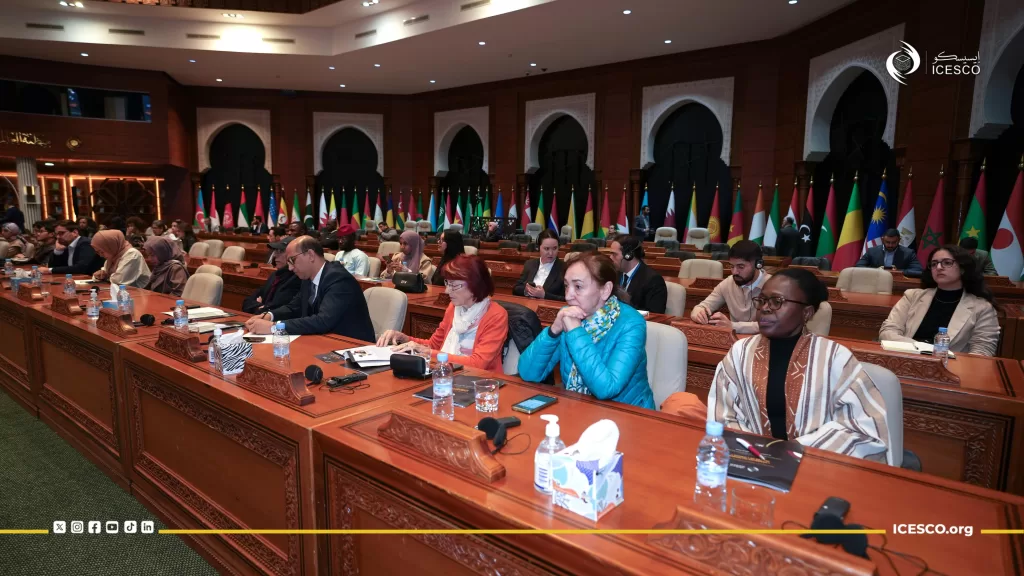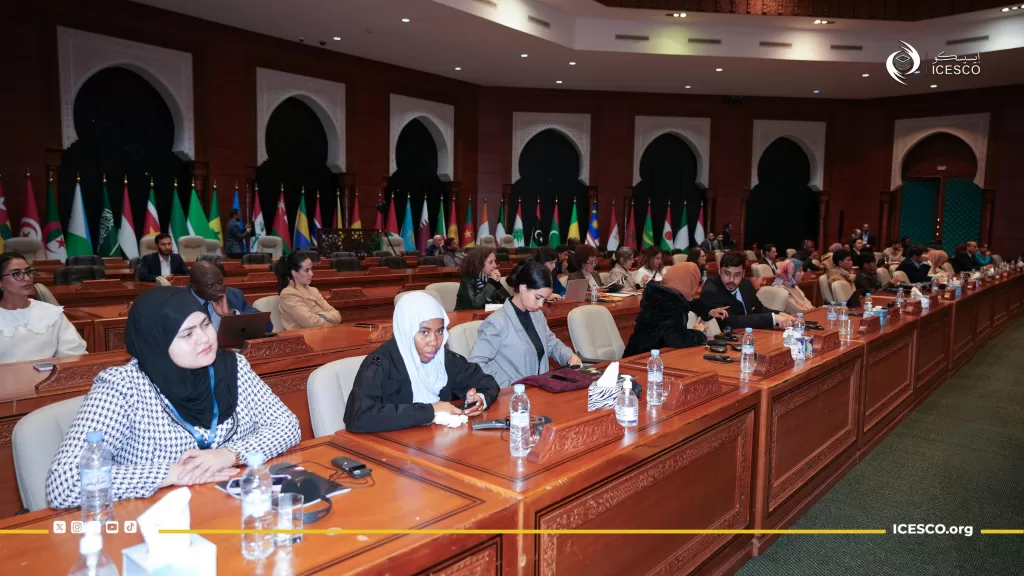
ICESCO Holds Scientific Seminar on Quran’s Integration into the Intellectual and Cultural History of Europe
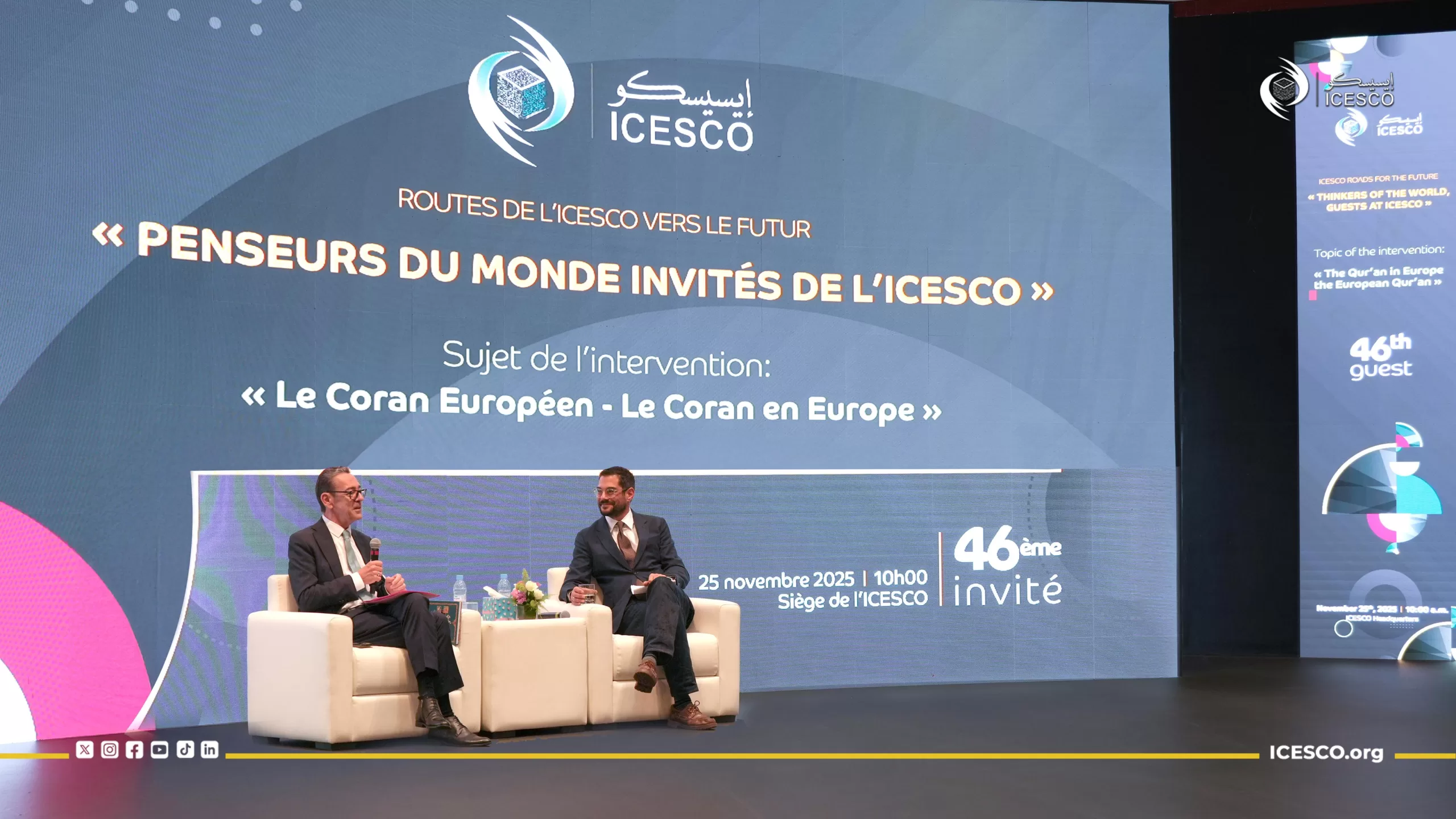
26 November 2025
The Islamic World Educational, Scientific and Cultural Organization (ICESCO) held a new scientific seminar, on Tuesday, 25 November 2025, at its headquarters in Rabat, as part of its “Global Thinkers: Guests of ICESCO” program. During the seminar, Prof. Jan Loop, Professor of Early Modern History and Religious Cultures at the University of Copenhagen, presented the findings of his extensive research project on the integration of the Holy Quran into the intellectual, religious, and cultural history of Europe in the medieval and modern periods.
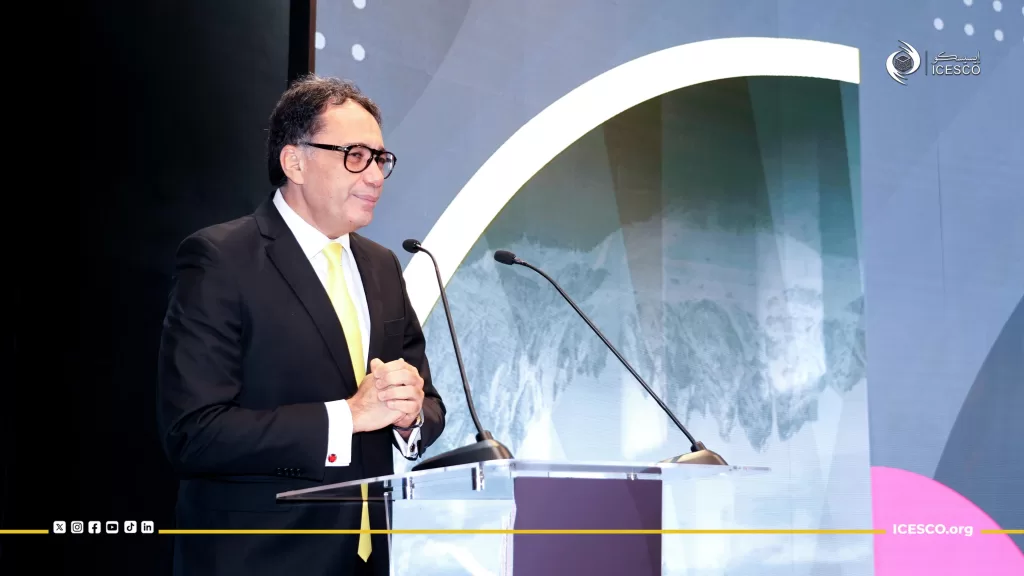
Dr. Mohamed Zinelabidine, Director of the Culture Sector at ICESCO, opened the seminar with an overview of Professor Jan Loop’s academic career. He noted that the lecture aimed to highlight the influence of the Quran in Europe by presenting the findings of the professor’s research project on how the Quran has been integrated into European history, and how its translation and interpretation have contributed to transformations in religious thought and culture across the continent.
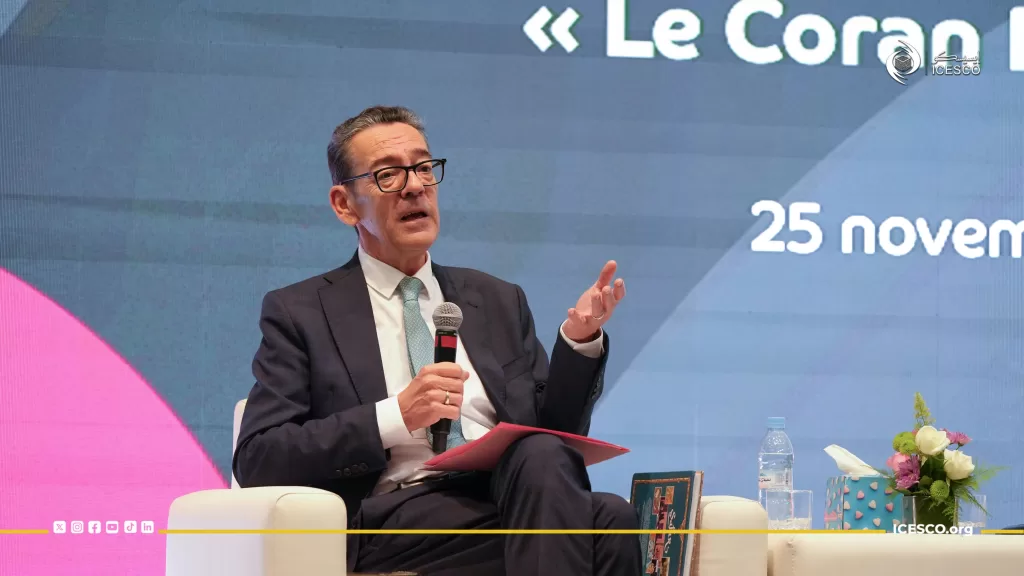
In his lecture, Professor Jan Loop reviewed the main features of his research project, which he conducted over the past six years in collaboration with three scholars from Spain, France, and Italy, and with the support of a team of doctoral students and early-career researchers. He explained that the project was built around two central questions: How did the Quran reach Europe? And how did its presence and meanings change as it crossed religious, cultural, and linguistic boundaries? The project also documents the role the Quran has played in shaping European religious and cultural identity over the centuries.
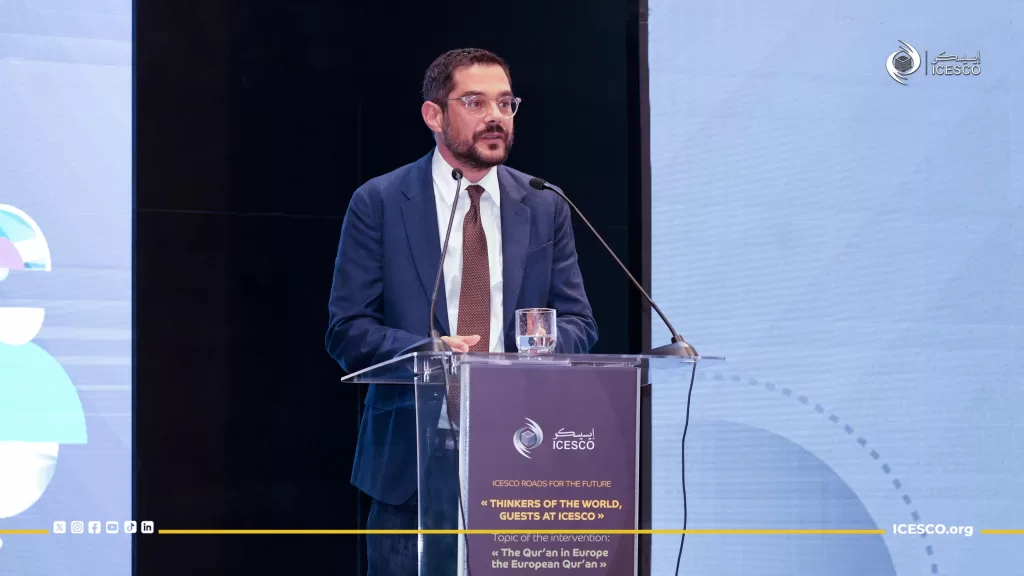
Professor Jan Loop pointed out that this research project has produced a number of scholarly outputs, including a database documenting the circulation of Quranic manuscripts in Europe, as well as detailed documentation of European editions and translations of the Quran into Greek, Latin, and various European languages. It has also generated a series of books bringing together individual studies and collective works stemming from relevant seminars and conferences, in addition to special editions and scholarly articles published in specialized journals.
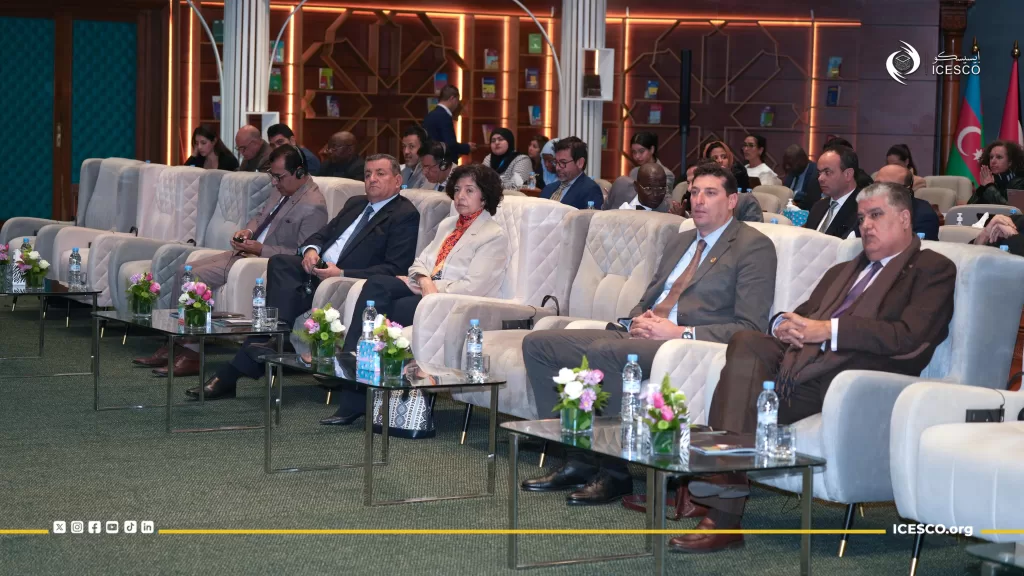
The seminar concluded with an interactive discussion with the audience, during which researchers and participants asked questions about the prospects for this kind of research and its role in fostering new approaches to dialogue between cultures and religion.
